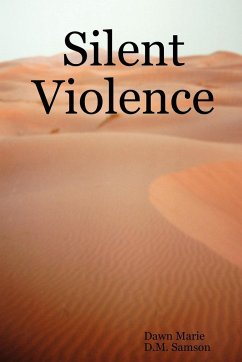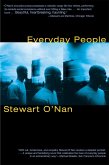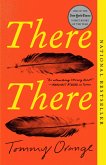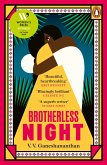I am one of the authors, so I can really review this book. But I can describe it. So here's the blurb from the back cover.
In 1984 Dawn Marie travelled with her husband to Saudi Arabia. He had secured a job replacing the outgoing foreman of a secluded farm near Riyadh. Almost two years later she
would return. Alone. Broken.
In Silent Violence she tells us of her journey: a long downward…mehrI am one of the authors, so I can really review this book. But I can describe it. So here's the blurb from the back cover.
In 1984 Dawn Marie travelled with her husband to Saudi Arabia. He had secured a job replacing the outgoing foreman of a secluded farm near Riyadh. Almost two years later she would return. Alone. Broken.
In Silent Violence she tells us of her journey: a long downward spiral. From the first inklings of things not being right, a pet killer in the expatriate compound, clandestine excursions by the farm crew, through to the rising hysteria within the expatriate community, then the killings at the farm, the ensuing imprisonment, moral deterioration, government procrastination and eventual deliverance.
Without question her story is harrowing. Yet it contains a great deal of humour too. For humour was the life jacket that kept a displaced person buoyant in a strange culture.
After years of psychiatric treatment she was persuaded to write her story. The road to publication is a story in itself. Ultimately the book was suppressed in the interests of international relations.
Silent Violence should be a warning to prospective expatriates. Its portrayal of Arab mentality could help policy makers too.









